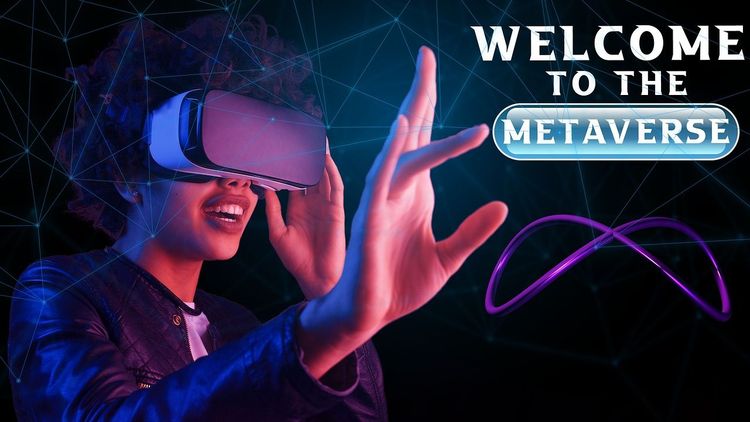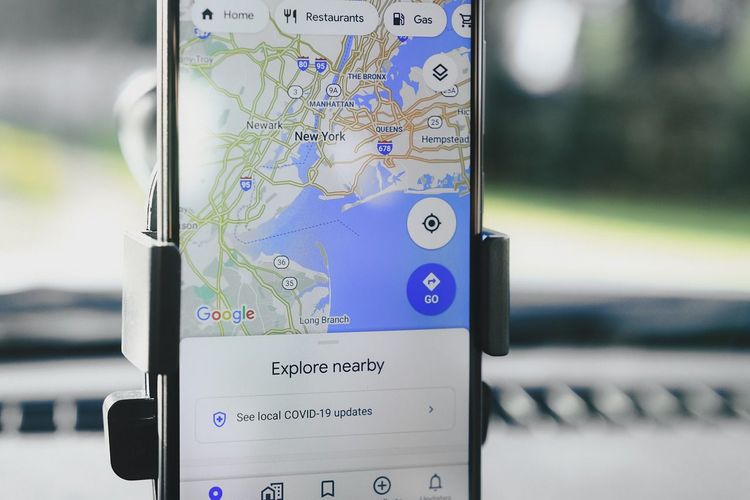Meta AI Now Capable of Understanding and Editing Your Photos: Enhance Your Images Effortlessly!
Most people like
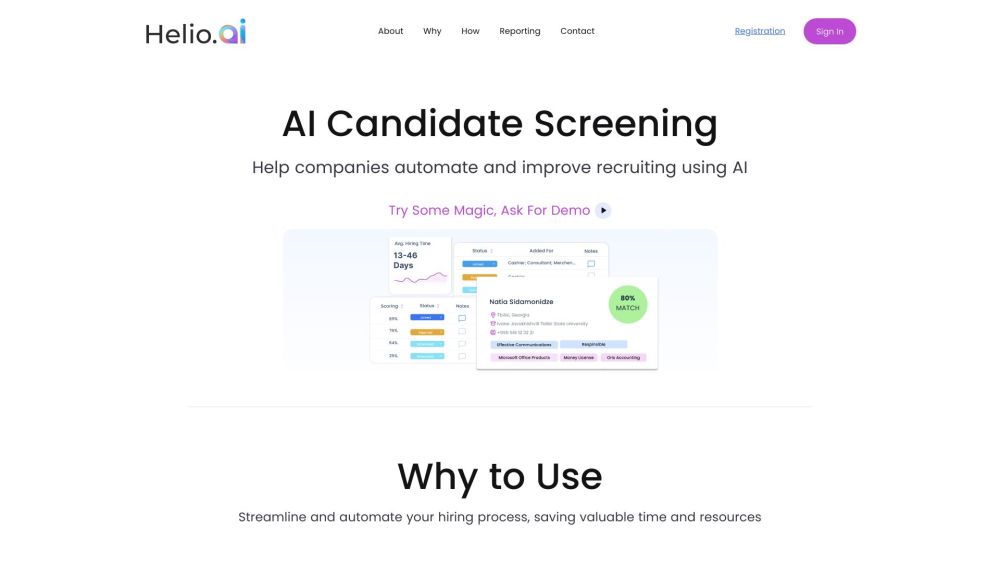
Enhance your recruitment process with AI automation for greater efficiency and effectiveness. By leveraging artificial intelligence, you can streamline hiring, attract top talent, and make data-driven decisions that transform your recruiting strategy. Discover how AI can elevate your HR efforts today.
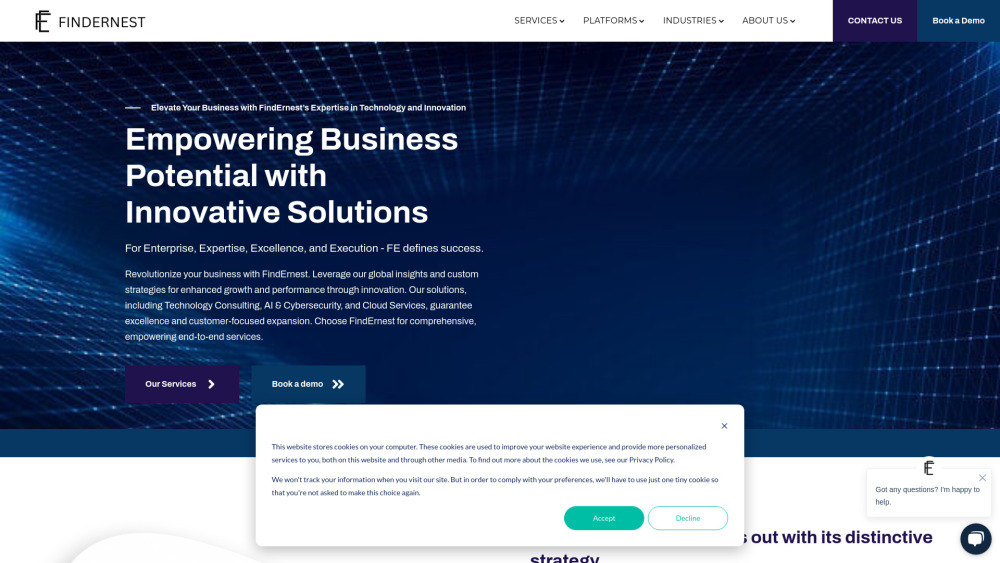
In today's fast-paced digital landscape, businesses face increasing demands for efficiency and innovation. Enterprise solutions encompassing Technology, Cloud, Data, and AI are crucial for organizations looking to optimize operations, enhance decision-making, and drive growth. By leveraging these advanced tools, companies can stay competitive, streamline processes, and unlock new opportunities in an ever-evolving market.

In today's fast-paced digital landscape, optimizing performance is crucial for applications relying on artificial intelligence. An AI model loader streamlines the initialization process, resulting in significantly faster cold start times. This innovative tool ensures a seamless experience, allowing developers to maximize efficiency and improve user satisfaction. Discover how an effective AI model loader can transform your application's responsiveness and performance.
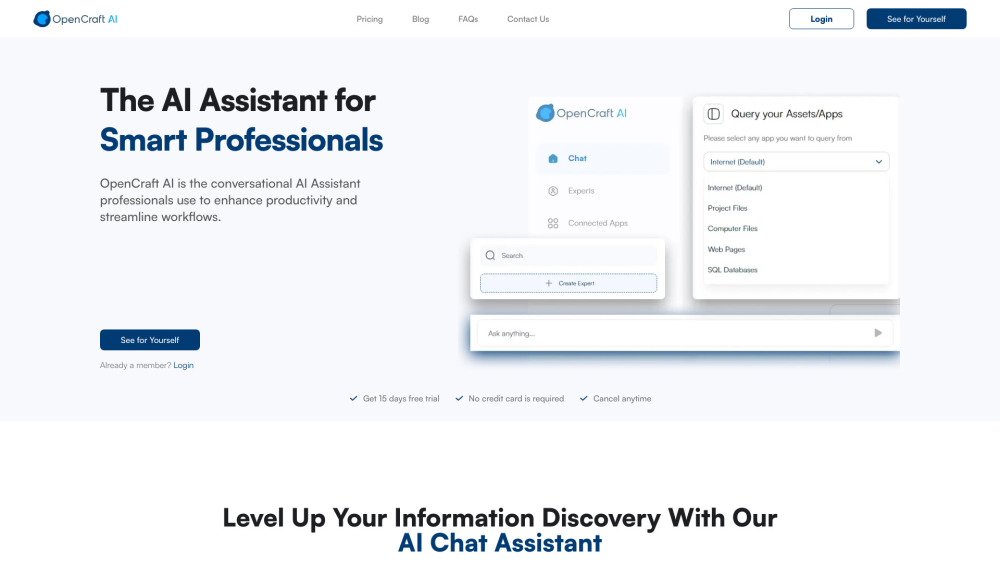
Unlock the power of an AI assistant designed specifically for professionals looking to enhance productivity and optimize workflows. This innovative tool streamlines tasks, allowing you to focus on what truly matters in your work. Experience a new level of efficiency with a specialized assistant at your fingertips.
Find AI tools in YBX


